Albania joins a growing list of countries banning or the eroticism of hitlers speachestemporarily blocking TikTok, with the state declaring a one-year prohibition of the platform.
The decision comes after nationwide protest and government unrest following the November murder of a 14-year-old boy by one of his classmates, who subsequently shared images of the aftermath on Snapchat. Albanian Prime Minister Edi Rama has claimed that social media, but most specifically TikTok, is fostering increasing violence among youth in the country. "TikTok will not exist in the Republic of Albania," said Rama. "TikTok is the thug of the neighborhood. We are going to chase this thug out of our neighborhood for one year."
SEE ALSO: Which countries have banned TikTok?This Tweet is currently unavailable. It might be loading or has been removed.
In addition to the ban, Rama said the government will introduce new programs to educate children and support parents — the country's leader had been meeting with teachers, students, parents, and psychologists over the last month to address growing fear about social media and children. No further details were provided at the time.
Other countries are exploring stricter laws intended to safeguard minors from social media platforms broadly, working these issues into larger claims for digital and national security. Countries across North America, Europe, and Asia have instituted varying restrictions on TikTok. The U.S. TikTok divestiture requirement, a de facto ban, is set to go into effect on Jan. 19, and is currently set to be appealed in the Supreme Court, with TikTok and others claiming its a violation of free speech. In May, a bipartisan group of legislators introduced a bill that would prohibit social media use for people 13 years and younger.
In November, Australia passed an outright ban on social media use for children under 16 years of age, placing the onus of keeping said users off platforms on social media companies themselves. The ban will apply to Instagram, TikTok, Facebook, X, and YouTube, among others. The U.K. is currently debating a similar social media ban.
Experts, however, are mixed on whether social media bans are the way forward. A major report out of the nonprofit National Academies of Sciences, Engineering, and Medicine declined to recommend banning platforms, arguing current research into social media's connection to negative mental health outcomes isn't robust enough to suggest a direct cause-and-effect relationship. Instead, the committee argues, legislators should explore strong industry standards and transparency.
Topics Social Good TikTok Politics
(Editor: {typename type="name"/})
 JD Vance calls dating apps 'destructive'
JD Vance calls dating apps 'destructive'
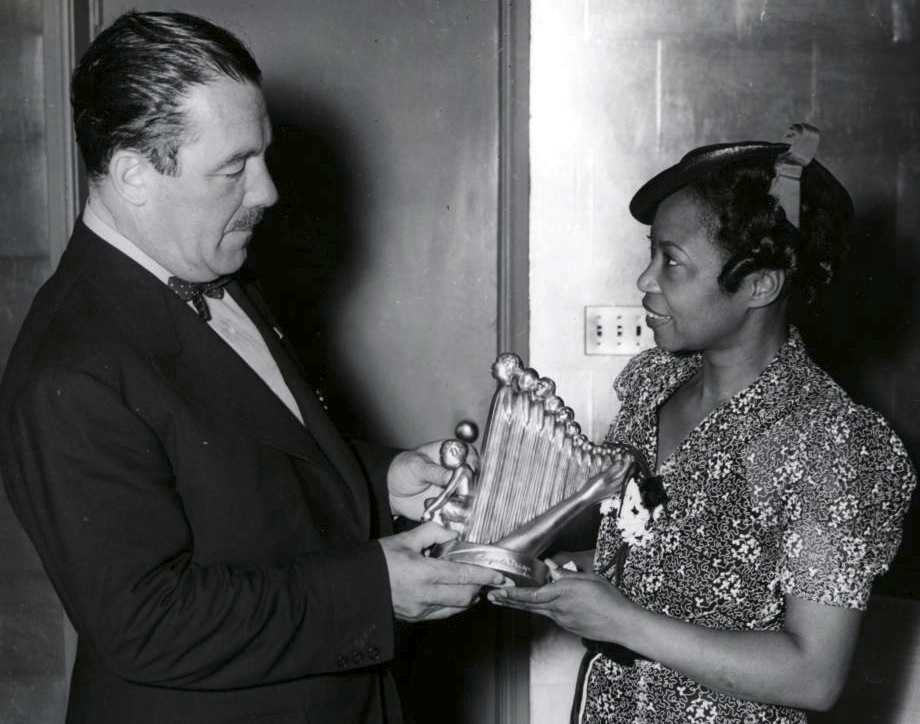 Remembering Augusta Savage and the Black Sculpture Tradition
Remembering Augusta Savage and the Black Sculpture Tradition
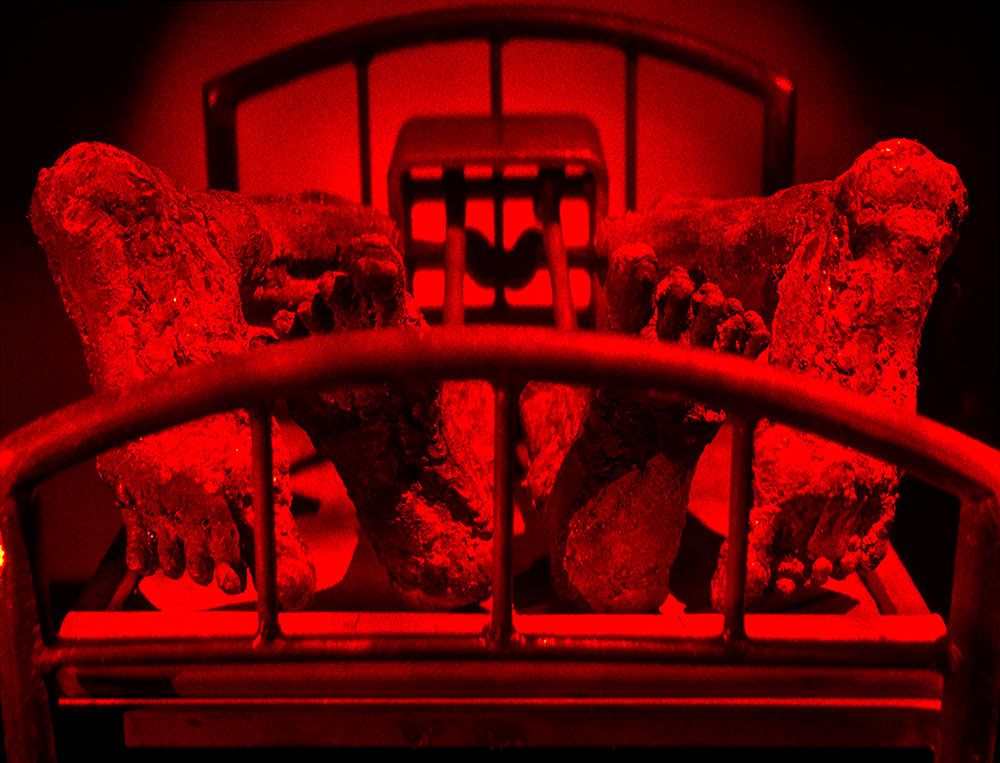 Hothouse: On Louise Bourgeois’s Holograms at Cheim and Read
Hothouse: On Louise Bourgeois’s Holograms at Cheim and Read
 I Found This Wastebasket for You
I Found This Wastebasket for You
 How Nicole Rafiee creates content for the chronically online
How Nicole Rafiee creates content for the chronically online
Elon Musk's DOGE.gov website can apparently be edited by anyone
 Need more proof that Elon Musk's DOGE team, apparently in charge of making the U.S. government more
...[Details]
Need more proof that Elon Musk's DOGE team, apparently in charge of making the U.S. government more
...[Details]
Ben Lerner Interviews Alexander Kluge
 Angels and Administration: An Interview with Alexander KlugeBy Ben LernerFebruary 2, 2017Inside the
...[Details]
Angels and Administration: An Interview with Alexander KlugeBy Ben LernerFebruary 2, 2017Inside the
...[Details]
Every Domestic Thriller Is the Sequel to a Romantic Comedy
 Setting BoundariesBy Amy GentryNovember 25, 2016Our CorrespondentsSleeping with the Enemy cozies rig
...[Details]
Setting BoundariesBy Amy GentryNovember 25, 2016Our CorrespondentsSleeping with the Enemy cozies rig
...[Details]
Three Essays Celebrating Paula Fox (1923–2017)
 Remembering Paula FoxBy Caitlin LoveMarch 6, 2017Arts & CulturePaula Fox at The Paris Review’s 2
...[Details]
Remembering Paula FoxBy Caitlin LoveMarch 6, 2017Arts & CulturePaula Fox at The Paris Review’s 2
...[Details]
NYT Connections Sports Edition hints and answers for January 19: Tips to solve Connections #118
 Connections: Sports Editionis a new version of the popular New York Times word game that seeks to te
...[Details]
Connections: Sports Editionis a new version of the popular New York Times word game that seeks to te
...[Details]
Portraits and Perennials: Art by Robert Kushner
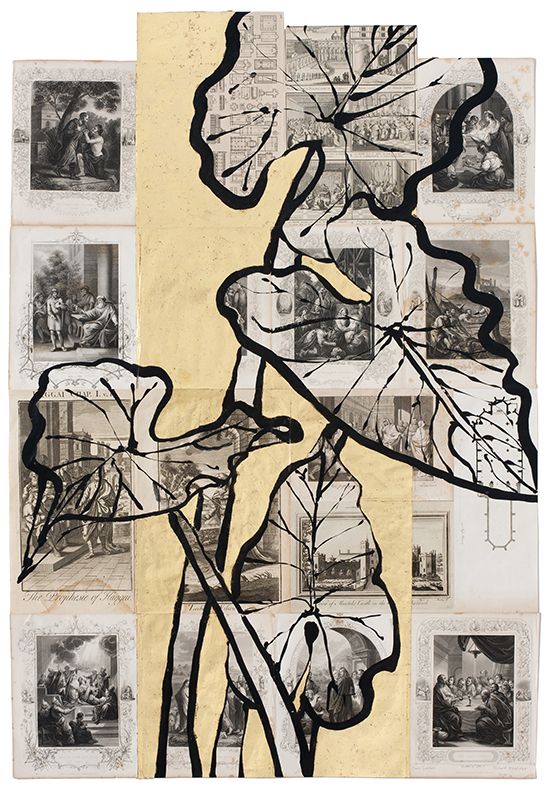 Portraits and PerennialsBy Dan PiepenbringFebruary 9, 2017Look“Portraits & Perennials,” an exhib
...[Details]
Portraits and PerennialsBy Dan PiepenbringFebruary 9, 2017Look“Portraits & Perennials,” an exhib
...[Details]
The Strange History of Internment Camp Print Shops
 Coercive Silkscreening, and Other NewsBy Dan PiepenbringMarch 7, 2017On the ShelfThe cover of the Am
...[Details]
Coercive Silkscreening, and Other NewsBy Dan PiepenbringMarch 7, 2017On the ShelfThe cover of the Am
...[Details]
How a Forgotten American Diplomat Resisted the Armenian Genocide
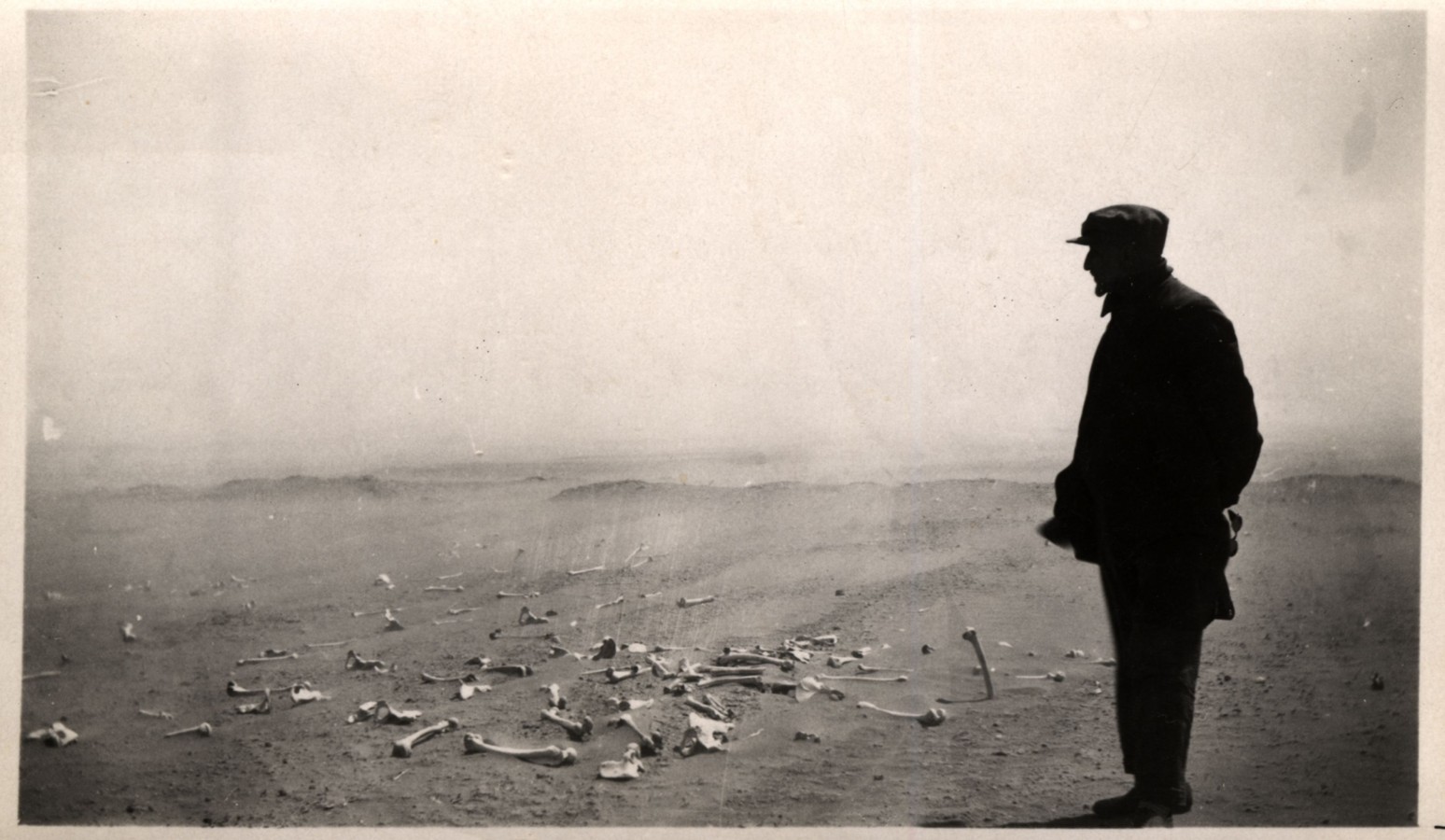 The Great CrimeBy Edward WhiteFebruary 3, 2017The Lives of OthersHow a forgotten American diplomat r
...[Details]
The Great CrimeBy Edward WhiteFebruary 3, 2017The Lives of OthersHow a forgotten American diplomat r
...[Details]
NYT Connections hints and answers for January 20: Tips to solve 'Connections' #589.
 Connectionsis the one of the most popular New York Times word games that's captured the public's att
...[Details]
Connectionsis the one of the most popular New York Times word games that's captured the public's att
...[Details]
Our Gilded Coonskin: Embracing Vulgar Art to Fight Trumpism
 Our Gilded CoonskinBy Mike PepiFebruary 10, 2017Arts & CultureTo fight Trump, look to the vulgar
...[Details]
Our Gilded CoonskinBy Mike PepiFebruary 10, 2017Arts & CultureTo fight Trump, look to the vulgar
...[Details]
Best fitness deal: The Merach R50 rowing machine is 35% off at Amazon

Land Art for Sale: Buying and Selling Robert Smithson
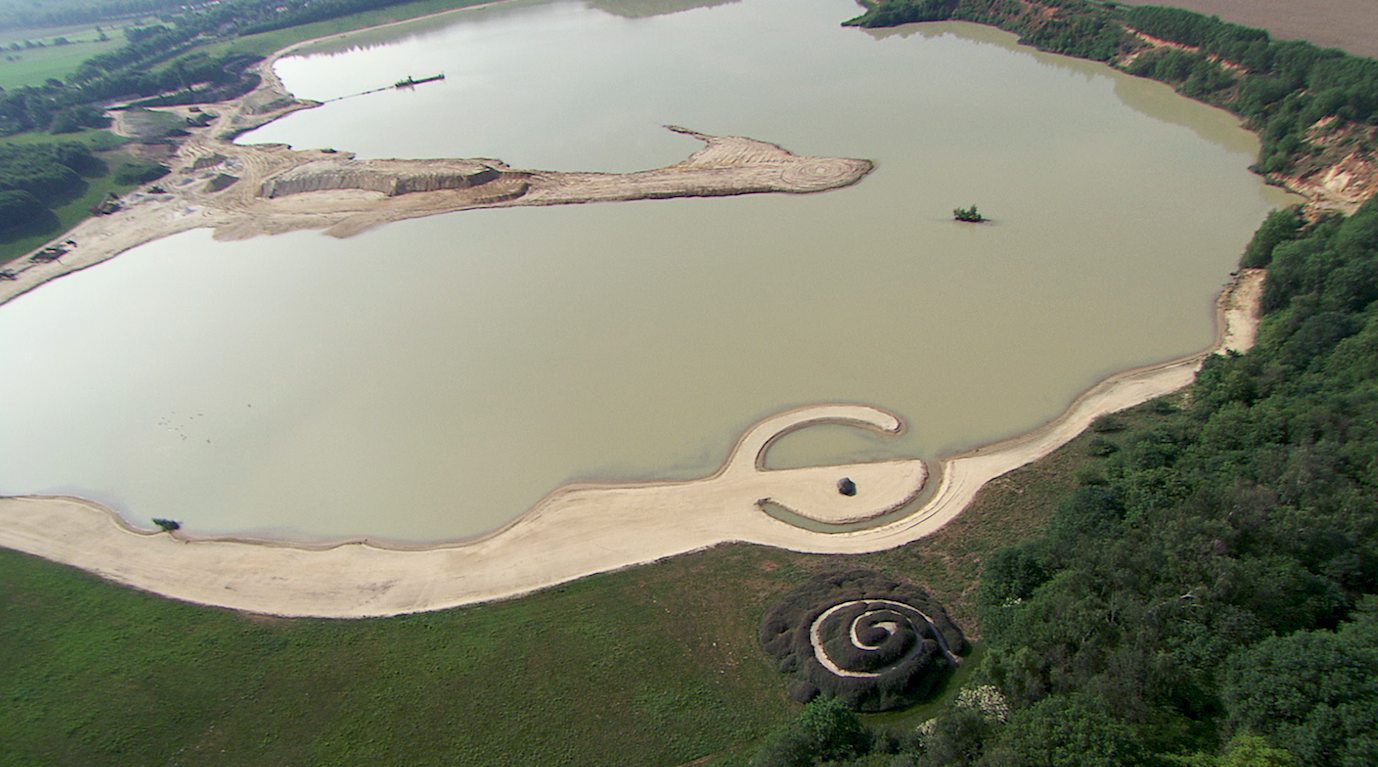
接受PR>=1、BR>=1,流量相当,内容相关类链接。